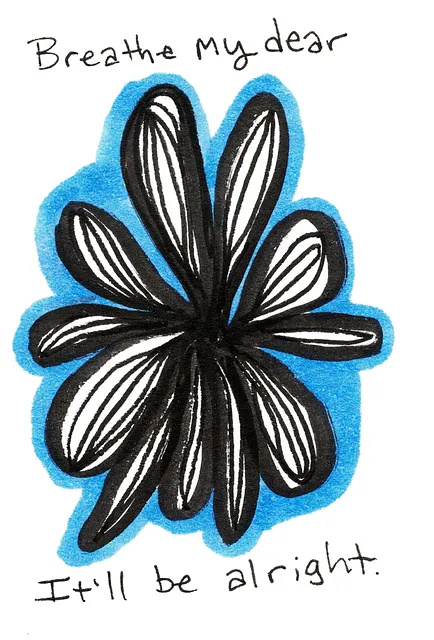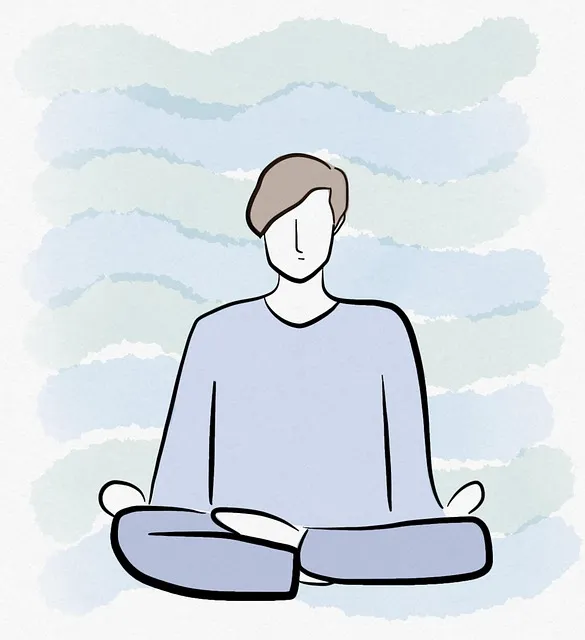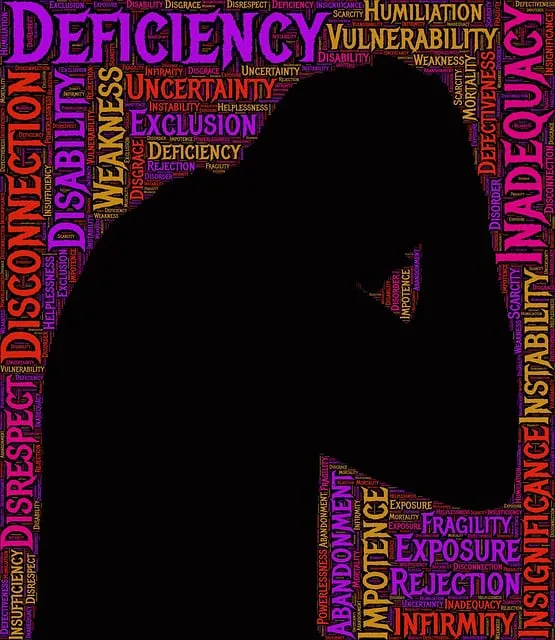Kaiser Permanente's mental health program in Boulder distinguishes itself with a holistic approach, combining therapeutic interventions and preventative measures to build resilience among patients. Using RFM (Reach, Frequency, Message) principles, they offer tailored coaching, mindfulness techniques, and stress management practices to enhance mental well-being both for healthcare professionals and the community. Continuous improvement through participant feedback and cultural competency training ensures their programs remain effective, empowering individuals to cope with life's challenges resiliently.
In the heart of Boulder, Kaiser Permanente has pioneered a holistic mental health approach that emphasizes resilience. This article explores how their innovative program utilizes RFM (Resilience, Flexibility, and Mastery) exercises to build community strength. We delve into the strategic design of these sessions, their successful implementation at Kaiser Permanente Boulder, and methods for measuring impact. Discover how this model enhances mental wellness, fostering a resilient tapestry within the community. Join us as we navigate Kaiser Permanente’s game-changing strategy in the realm of mental health care.
- Understanding Kaiser Permanente's Mental Health Approach in Boulder
- The Role of RFM in Resilient Community Building
- Designing Effective Resilience-Building Exercises
- Implementing RFM Programs at Kaiser Permanente Boulder
- Measuring Success and Continuous Improvement
Understanding Kaiser Permanente's Mental Health Approach in Boulder

Kaiser Permanente’s mental health approach in Boulder is renowned for its holistic and compassionate strategy, emphasizing both therapeutic interventions and preventative measures. The organization prioritizes creating a supportive environment where individuals can cultivate resilience and navigate life’s challenges with enhanced coping mechanisms. This comprehensive approach integrates various practices, including evidence-based therapies, self-awareness exercises, and risk management planning for mental health professionals, to address the unique needs of each patient.
By fostering an atmosphere of understanding and acceptance, Kaiser Permanente Boulder encourages individuals to actively participate in their mental well-being. The inclusion of anxiety relief techniques within these programs empowers people to manage stress effectively. This tailored method recognizes that building resilience is a fundamental aspect of promoting overall mental health and ensuring long-term wellness for its community.
The Role of RFM in Resilient Community Building

Resilient Community Building, a concept that has gained significant traction, finds its roots in the understanding of RFM (Reach, Frequency, and Message). This powerful trio plays a pivotal role in fostering mental well-being and strengthening communities, particularly within healthcare settings. Kaiser Permanente Boulder, a pioneer in holistic wellness, recognizes the importance of integrating Burnout Prevention Strategies for Healthcare Providers to enhance the resilience of its workforce and the broader community they serve.
By focusing on the right messages at the right frequency and ensuring wide reach, RFM strategies can provide much-needed Anxiety Relief and Trauma Support Services. Through tailored interventions, communities can be equipped to navigate challenges, fostering a sense of belonging and empowerment. This approach not only benefits healthcare providers but also extends positive ripples to the general public, creating a more robust and resilient network that prioritizes mental health and overall well-being.
Designing Effective Resilience-Building Exercises

Designing Effective Resilience-Building Exercises plays a pivotal role in fostering mental well-being among healthcare professionals, particularly those with Kaiser Permanente Boulder. These exercises are tailored to navigate through the demanding nature of their work and promote a sense of balance and stability. The process begins by identifying specific challenges faced by these providers, be it stress, burnout, or anxiety relief. Incorporating Self-Awareness Exercises can significantly help in this regard, enabling them to recognize triggers and develop coping mechanisms.
The exercises should be diverse, offering a mix of physical, mental, and emotional activities that cater to different learning styles. Burnout Prevention Strategies for Healthcare Providers often involve integrating mindfulness techniques, stress management practices, and social support networks. These strategies not only enhance resilience but also create a supportive environment where professionals can openly discuss their experiences and learn from each other. By fostering a culture of resilience, Kaiser Permanente mental health initiatives ensure that healthcare providers in Boulder remain equipped to deliver quality care despite the challenges they face.
Implementing RFM Programs at Kaiser Permanente Boulder

At Kaiser Permanente Boulder, implementing RFM (Recovery, Resilience, and Mental Wellbeing) programs has been a game-changer in enhancing mental health support for their community. These initiatives focus on fostering resilience among individuals, enabling them to navigate life’s challenges with greater strength and adaptability. The program incorporates various strategies, such as mental wellness coaching and social skills training, designed to empower people and promote holistic recovery.
The Mental Wellness Coaching Programs Development at Kaiser Permanente Boulder has been particularly effective in Risk Management Planning for Mental Health Professionals. By providing tailored coaching, they ensure that patients receive the necessary tools and support to improve their mental health outcomes. Additionally, these programs create a supportive environment, encouraging open conversations about resilience and mental wellness, which are vital aspects of a thriving community, as highlighted by the bustling and vibrant atmosphere of Kaiser Permanente Boulder’s services.
Measuring Success and Continuous Improvement

Measuring Success and Continuous Improvement are vital components of any effective program, especially when implementing RFM (Resilience, Flexibility, and Mindfulness) exercises in mental health initiatives like those offered by Kaiser Permanente in Boulder. The success of these programs can be evaluated through various metrics, such as participant satisfaction surveys, tracking the adoption and consistency of self-care routines, and measuring improvements in emotional healing processes.
Regular feedback from participants is crucial to understanding how the RFM exercises resonate with them and where adjustments might be needed. Additionally, healthcare provider cultural competency training should be integrated into the evaluation process to ensure that the program aligns with the diverse needs of the community it serves. By fostering an environment of continuous improvement, these initiatives can evolve to better support mental health and well-being in Boulder and beyond.
Kaiser Permanente’s approach to mental health in Boulder emphasizes community resilience through the RFM (Recovery, Resilience, and Mastery) framework. By implementing tailored resilience-building exercises, the organization fosters a supportive environment that enhances well-being. The successful integration of RFM programs at Kaiser Permanente Boulder demonstrates the potential for improving mental health outcomes and building resilient communities. Continuous evaluation and refinement are key to ensuring these initiatives meet the unique needs of individuals and families in the region.






